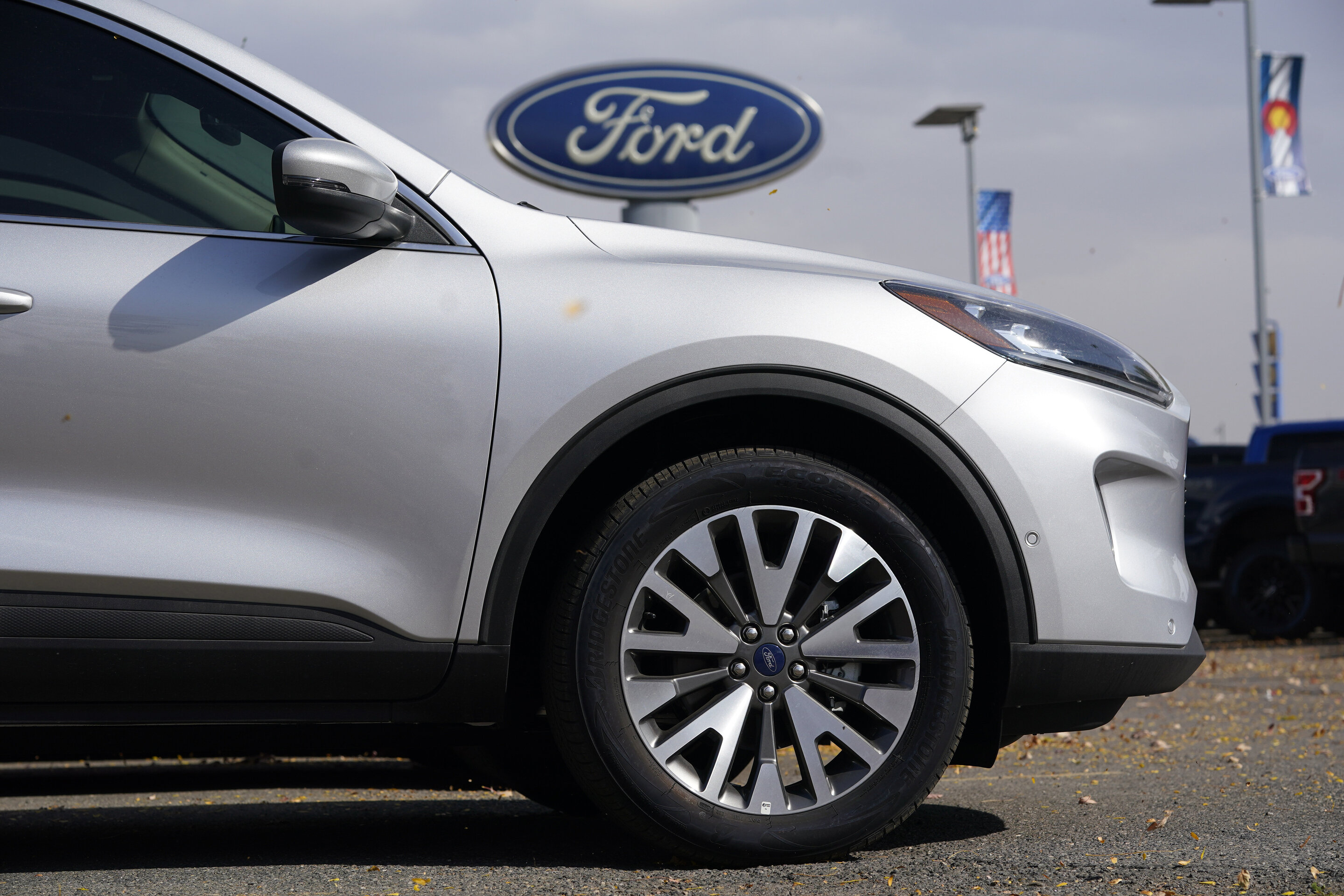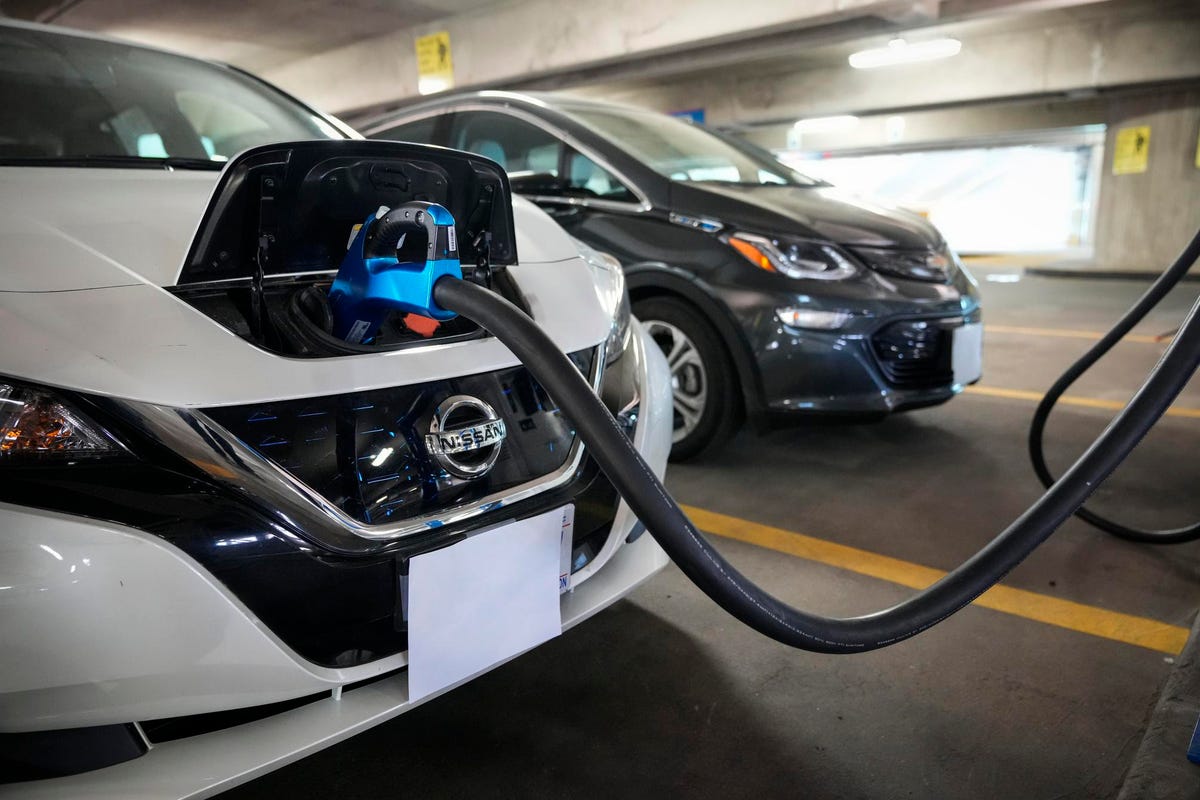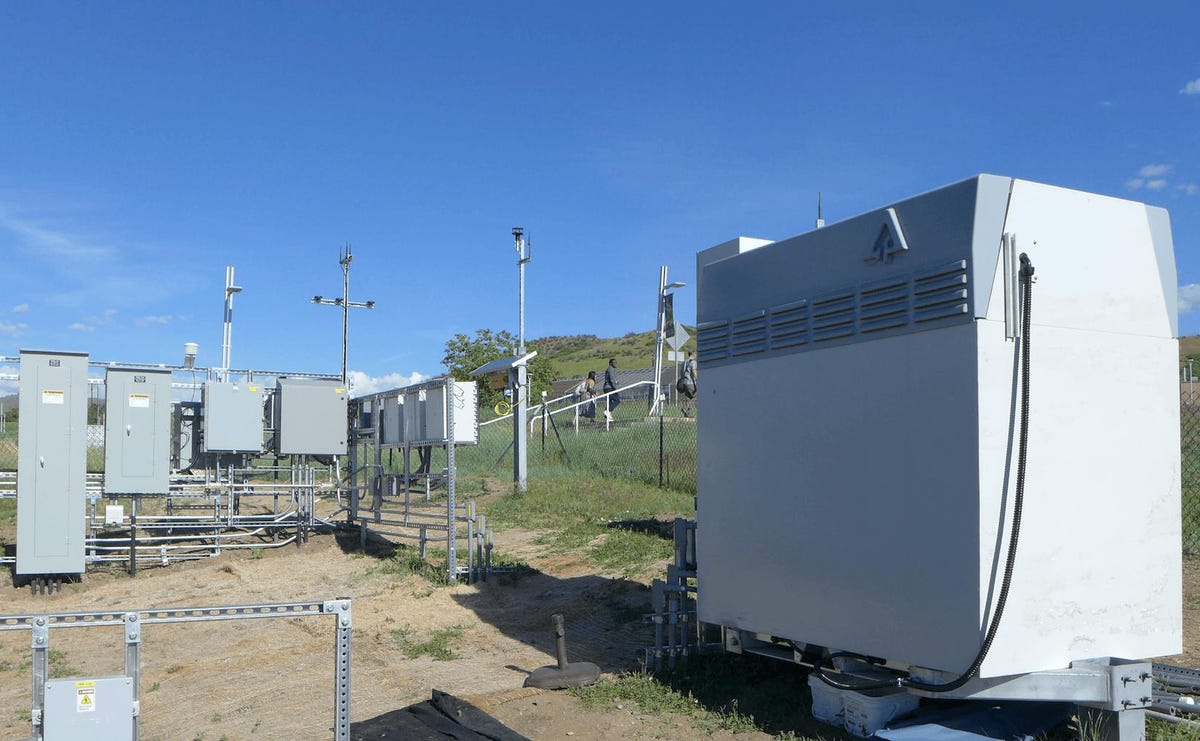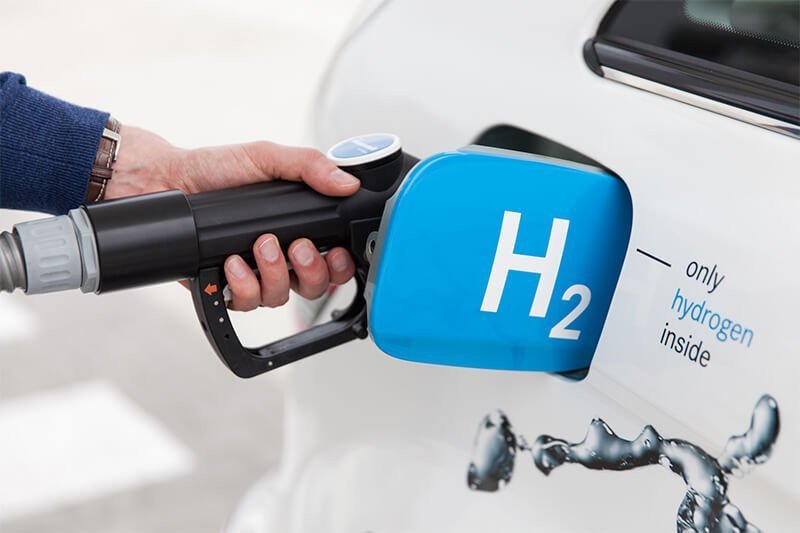Post-Pandemic Effect: Ford Cutting Down Production Volume

Ford Motor Company recently said that it is cutting shifts at two plants that build its highly profitable flagship F-150 pickup trucks starting next week due to a global shortage of semiconductor chips and warned the issue could result in the loss of 10% to 20% of planned first-quarter production in 2021.
Ford, the No. 2 US automaker, stated that it would run one of three shifts of production at its Dearborn Truck Plant the week of 8 February 2021, while the truck portion of its Kansas City Assembly Plant will run two of three shifts of production during that week. Both are expected to return to three shifts the following week.
Ford Chief Financial Officer John Lawler said the production losses stemming from the semiconductor shortage could lower Ford's adjusted earnings by USD 1 billion to USD 2.5 billion in the same quarter. It also stated that the company would continue to prioritize and allocate chips to the highest-margin vehicles when it can. It's going to be a logistic effort to do that in moving forward during pandemic situations.
The company declined to state anything on what part or supplier was involved or how much volume would be lost.
Global automakers have been caught off guard by the shortage of crucial semiconductors, used for everything from computer management of engines to driver-assistance features such as emergency braking. General Motors Co, Toyota Motor Corp, Volkswagen AG, Nissan Motor Co, and Subaru Corp. are the other automakers hit by the component shortage.
Automakers are looking to fast-track plans for agile manufacturing processes and supply chains as they prepare for a volatile demand environment after the Covid-19 global pandemic. In fast-moving mass production industries such as automobiles, production schedules are rigid and optimized for efficiency. Similarly, supply chains work on schedules decided months in advance based on demand projections. However, carmakers like Ford are now looking to redesign these systems to cater to an unpredictable demand environment.
Information technology companies servicing automakers said they had received requests from companies looking to quickly move to agile manufacturing processes and supply chains and undertake cost reduction initiatives.
Officials at Ford and other OEMs such as Volkswagen, Fiat Chrysler, Toyota, and Nissan say they have been hit by the shortage and have been forced to delay production of some models to keep other factories running. Moreover, Ford had scheduled downtime next week at its Louisville, Kentucky assembly plant but moved it ahead to this week. This plant is aimed at manufacturers of the Ford Escape and Lincoln Corsair small SUVs.
Ford Cutting Down Production Volume due to Pandemic Effect
Ford cut production of the nation's top-selling pickup and Ford's most profitable vehicle: The F-150. The automaker is dropping one shift from its truck plants in Dearborn, Michigan, and Kansas City, Missouri, with both sites expected to resume full production starting on 15 February 2021. Ford's headache caused by the shortage has now grown into a migraine as deliveries of the redesigned F-150 dropped 5% in January.
In February 2021, it was already predicted that the chip shortage would dent global car industry production by about 672,000 vehicles in the first quarter, with problems lingering into the fall. Also, the lead times for chips used in the auto sector typically are 26 weeks.
Ford forced to cut profitable F-150 pickup truck production due to semiconductor chip shortage
- Ford is cutting production at plants in Missouri and Michigan that produce its profitable F-150 pickup trucks due to a global semiconductor chip shortage
- The shortage began impacting the global automotive industry in late 2020
- Semiconductors are extremely important components of new vehicles, for areas ranging from infotainment systems to more traditional parts such as power steering
- Ford has cut production schedules for several SUV models, including the Explorer, built at its factory in Chicago
The only thing that impacts F-Series sales is if Ford, for some reason, cannot make enough trucks to meet demand (That happened in March). The pandemic forced automakers to stop making vehicles for a brief time and subsequently affected Ford's North American profits.
It is a global shortage of semiconductor chips affecting Ford (and others), forcing the automaker to cut production at the Dearborn Truck Plant in Michigan from three shifts to one for a week beginning on 8 February 2021. The Kansas City Assembly Plant in Missouri will go down to two shifts, idling the third. Both plants will return to three shifts the week of 15 February 2021.
Ford previously shut down a plant in Louisville, Kentucky, which makes the Ford Escape and the Lincoln Corsair for a week and a facility in Germany for a month.
Automakers and parts suppliers began warning of a semiconductor shortage late last year after demand for vehicles rebounded stronger than expected following a two-month shutdown of production plants due to the coronavirus pandemic.
Ford's confirmed plans come a day after General Motors (GM) said it would take down production next week at four assembly plants in Fairfax, Kansas; Ingersoll, Ontario, and San Luis Potosi, Mexico. GM will also run a plant in South Korea at the half capacity that week.
From Nissan Motor to Volkswagen, Ford and other automakers have previously cut vehicle production due to the chip shortage.
Kumar Galhotra, Ford president of the Americas and international markets, described the chip shortage earlier this week as a "very dynamic situation." He said the company has been working with its suppliers to mitigate its plants' impact and resolve the issue as quickly as possible. Also, he said that it's changing all the time, but we think we will be dealing with it for at least the first half of this year.
Ford in Number
The company has found another USD 11.5 billion in cost cuts and efficiencies, bringing the total to USD 25.5 billion expected by 2022, Chief Financial Officer Bob Shanks told reporters. Savings will come from engineering, product development, marketing, materials, and manufacturing. The company previously predicted USD 14 billion in cuts by 2022.
Ford also promised to raise its operating profit margin from 5.2% to 8% by 2020, two years earlier than a previous forecast. That includes a 10% pretax margin in North America. The company said its first-quarter net income rose 9% due mainly to a lower income tax rate.
Ford made USD 1.74 billion from January through March 2021, or 43 cents per share, compared with USD 1.59 billion, or 40 cents per share a year ago. Revenue rose 7% to USD 41.96 billion.
Earnings and revenue beat Wall Street estimates. Analysts polled by FactSet expected 41 cents per share on revenue of USD 36.78 billion. As usual, North America drove Ford's profits for the quarter with pretax earnings of USD 1.9 billion.
Ford will cut USD 5 billion from capital spending from 2019 to 2022, reducing it from USD 34 billion to USD 29 billion. The company will spend less on low-performing areas such as cars. It identified Lincoln as a low-performing area, but Shanks said sales are growing, and the brand is not in jeopardy. More capital will be allocated to higher performing areas such as trucks and sport utilities, he said.
Highlights for 2021 include the return of the Ford Bronco 2021. Farley said orders for the SUV are being taken now, and there are close to 200,000 reservations for the model. Also hitting dealers this summer is the 2021 Ford F-150 Raptor performance pickup.
The major lowlight related to a shortage of semiconductors, which is subsequently forcing plant shutdowns. Ford could lose up to 20% of planned production this quarter.











